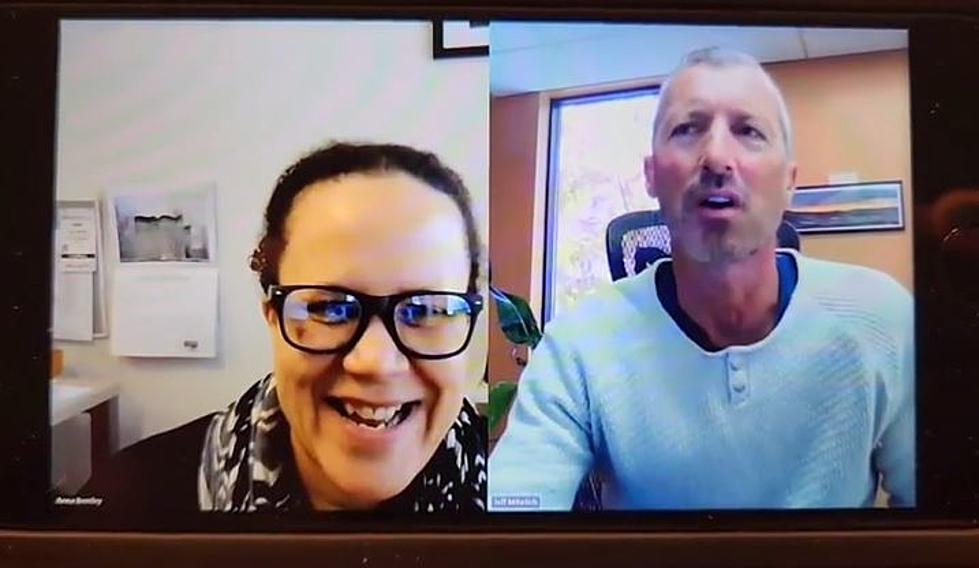
Managing Your Business Credit
According to the Small Business Administration 85% of all new businesses fail in the first five years. The principle reason is lack of business knowledge. Not knowing what to do or when to do it, or not do it.
The second most popular reason for business failure is insufficient capital or a delay in receiving needed funds from banks or investors. Companies that establish their business credit, or some kind of payment history before opening the business, fair much better than those that don’t.
Where to Start
Start with a business plan and your local bank. Go where you already have a successful payment history as an individual. House and car payments, along with any loans, will help to demonstrate your credit history. Along with your credit report, you can also submit proof of on time utility payments. Banks, under law, must take all credit demonstrations into account in their decision making process.
It’s not a wise decision to start with less capital than you need. This can jeopardize your credit very quickly and make future loans and lines of credit harder to obtain. Don’t go in asking for less than you need. It’s much better to ask for more than you need; just be able to justify what you intend to use the money for, and how your business model will produce the income needed to pay the loan back.
Establishing Business Credit
Once you have established some business credit with your bank and suppliers, you will want to obtain a DUNS number. Dun and Bradstreet are the recognized authority on business credit reporting. You submit your financials and payment history to them on a regular business and they give you a PAYDEX score. Much like the FICO score for a personal credit history.
This PAYDEX credit number will allow you to open lines of credits with suppliers much faster than just submitting a standard credit application. Keeping tabs on your business credit history is critical because you have little recourse if anything is incorrectly reported.
The Fair Credit Reporting Act gives you the ability to see and correct your report. However, the act does not include business credit reports. Be very diligent by making sure that all payments are being received by your suppliers, and that they are on time, and in the correct amounts.
SBA Loans
In my opinion, there has never been a better time to start a business. The Small Business Jobs Act of 2010 and the Small Business Lending Fund make $30 billion dollars available to small business owners with good credit and a good idea.
Less than 3% of Montana businesses that are approved for SBA loans fail. The SBA can guarantee, in some cases, up to 90% of the loan. However, either the bank or the SBA, whichever assumes the most risk for the loan, will most certainly want a personal guarantee in case you default. The bank will be paid, but you will be required to pay the SBA back, in case your business fails.
Obtaining a loan with no business credit history is not easy but it’s not impossible either. Many businesses start as home based businesses and eventually expand. Some of the better known ones are, Proctor & Gamble, Motorola, Microsoft, and Apple Computers. Try to establish a line of credit with local businesses first; then build on that to other suppliers.
Some Final Thoughts
Some businesses grow quickly like Facebook; others grow slowly like Amazon. Your initial job is to reduce the amount of time, from opening day to the day your business breaks even. The shorter that period is, the better chance your business will have of succeeding.
Owning your own business takes work, sacrifice, knowledge, money, and yes, a little luck. A strong business plan, a good idea, a sound financial plan and establishing a positive credit history will go a long way to developing a strong, profitable business.
More From KMMS-KPRK 1450 AM









